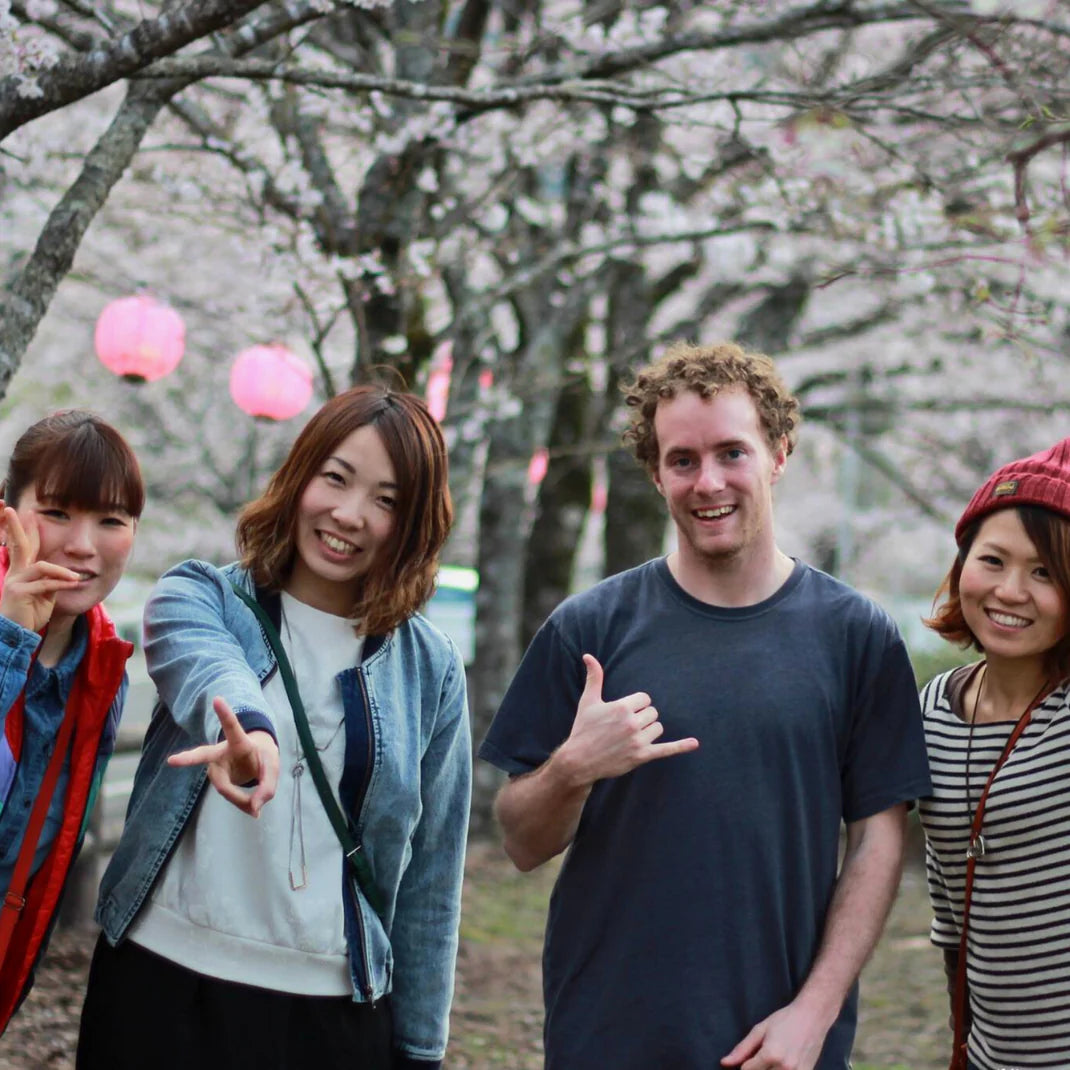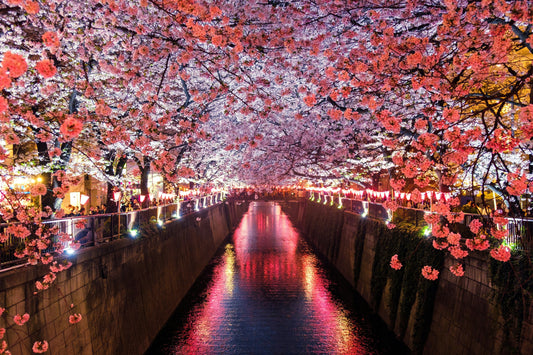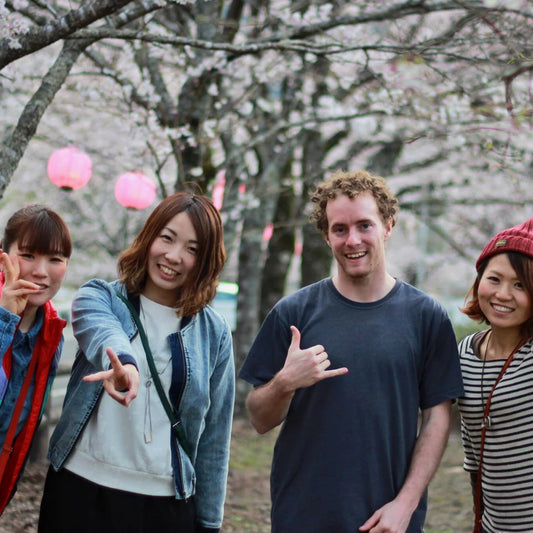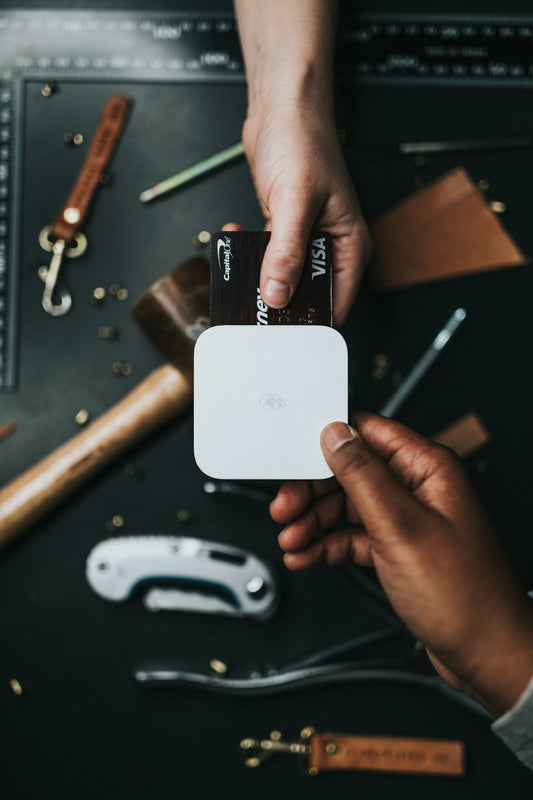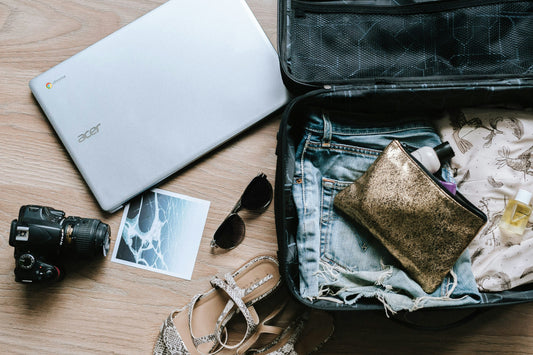It is no wonder that you may be thinking about doing your Working Holiday in Japan. Between the iconic scenery, stunning architecture, advanced technology, and vibrant traditions this ever-evolving country has so much to offer. However, there are many cultural differences to take into consideration, including how to greet someone, how to eat at a restaurant, and even how to pour a drink! If you’re feeling like it may too much to digest all at once, here’s SWAP’s quick guide to help you while abroad.
1. Bowing
Bowing is a long-standing tradition in Japanese culture, spanning all the way back to the 5th century. In general, it is a sign of respect to bow 45 degrees to whomever you meet. However, keep in mind that most traditions in Japan are contextual: a smaller bow, or even a slight head nod, may be more appropriate for friends or acquaintances.
2. Don’t Skip the Queue
As a culture of social harmony, it is expected to know your surroundings and be respectful to those around you. Whether you’re waiting for the Shinkansen (bullet train) or a popular restaurant to open, be sure to get there early, or at least don’t cut the line!
3. Intruding Politely
When you’re invited to someone’s home, it is polite to take off your shoes and, if the host has them, put on some house slippers. When you first get into the door, say “Ojama Shimasu”, which translates to “I’m sorry for bothering you” or “I’m sorry to intrude.” This common greeting allows the host to welcome you and will probably be expected at any Japanese home.
4. Keep Your Munchies Indoors
If you’re out in public, it’s usually frowned upon to eat a whole meal while walking. While eating a snack by a vending machine may not raise many eyebrows, having a bowl of ramen while taking an idle stroll is probably not a great idea.
5. Chopstick Etiquette
There are many rules when using chopsticks, mostly because some movements can echo traditional Japanese funerals. In general, keep your chopsticks straight and out of your food - crossing your chopsticks or sticking them in your bowl of rice may bring some unpleasantness to the table.
6. Know your Nomikai
Nomikai is a type of drinking work event to socialize, celebrate, and/or network. This event can range from formal to casual, so it’s important to be prepared for any occasion! If you’re ever invited to one of these gatherings, be sure to do your research on the rules, but here is one basic guideline to follow: Do not pour your own drink! Instead, pour drinks for your superiors or for those who have been at the company before you (known as sempai).
7. Business Cards
Speaking of work events, you may be offered a business card by one of your coworkers or associates. When this happens, show respect by bowing and accepting the card with two hands. This shows the other person that you respect their position, which will leave them with a positive impression of you.
8. Get One, Give One
Gift-giving in Japan is very common, in part because it is expected that you will return the favour! If you ever receive a gift, be sure to give one back to show your appreciation.
9. Trash Cans
As you explore cities in Japan, you may notice that there are very few trash cans on the street. When you’re walking, be prepared to carry your garbage with you until you find a suitable place to dispose of it!
10. Communication is Everything
When you are speaking to Japanese folks, pay extra care to how you choose to communicate. Many subtleties that westerners don’t pick up on can be construed poorly in Japan. For example, lowering your voice around others, nodding to show you are listening, and even interjecting once in a while (a.k.a. aizuchi) can go a long way to show that you understand the person you are speaking to.
Want to experience more of Japanese culture? Take the next step with SWAP and start your Working Holiday journey today! Find more details about us and the visa process below.

